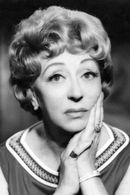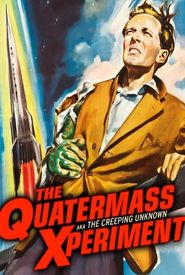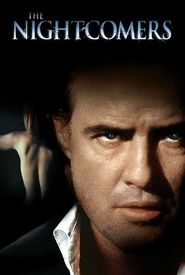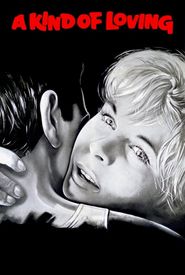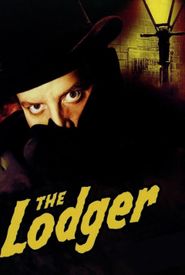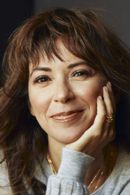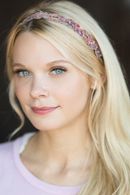Thora Hird was a renowned British character actress whose illustrious career spanned over eight decades, during which she made over 100 films, starred in numerous television comedies, and excelled in the works of renowned playwright Alan Bennett.
Born in Morecambe, Lancashire, Hird was carried on stage in a melodrama at the tender age of eight weeks. As a child, she joined the local Royalty Theatre company, where she worked alongside her father, the theatre's manager. She also maintained a day job as a cashier in a grocery store, a role that would later influence her acting career.
Hird's early career was marked by her appearances in over 500 plays, and in 1941, she was recommended by comedian George Formby to Michael Balcon at Ealing Film Studios. She was soon put under contract and made her film debut in Black Sheep of Whitehall (1942) alongside Will Hay.
Throughout the 1950s, Hird was under contract to the Rank Organisation and established herself as a major character actress, working with some of Britain's finest directors, including Herbert Wilcox, Lewis Gilbert, and John Schlesinger. She was known for her versatility, often playing the role of the all-seeing boarding house landlady, gossiping neighbour, or sharp-tongued mother-in-law.
Hird's notable performances include her roles in Simon and Laura (1955),The Entertainer (1960),opposite Laurence Olivier, and A Kind of Loving (1962),in which she played the iconic role of a monstrous TV-addicted mother.
As her career progressed, Hird frequently returned to the stage, often in comedies alongside comedians such as Arthur Askey and Harry Secombe. She was also part of the memorable TV series Meet the Wife (1963) with Freddie Frinton.
Throughout the 1970s and 1980s, Hird starred in a succession of hit TV comedies, but it was her performance in Alan Bennett's Talking Heads monologue, A Creamcracker under the Settee (1987),that showcased her talent as a straight actress and earned her a BAFTA award.
In addition to her acting career, Hird was also a prolific writer, penning several volumes of autobiography, including "Scene and Hird" and "Not in the Diary". She was the subject of a South Bank Show (ITV) monograph in 1995, with actor Alan Bates praising her as a "naturally funny woman whose comedy is on the edge of tragedy".
